How Little Chembaka promotes Slow and Sustainable Tourism in the Kumarakom Backwaters
The Sleepy Kumarakom Backwaters and the need for responsible travel
When you talk about the Backwaters of Kerala, Kumarakom still remains a sleepy hamlet with a slow, relaxed pace of life compared to the bustling Alleppey Backwaters just on the other side of the Vembanad Lake. Kumarakom is naturally gifted with the scenic coconut groves dotting the narrow canals; banana plants with large, broad, light green leaves; flowery shrubs and some tall tropical trees;,and below sea level paddy fields. With a natural habitat so diverse and beautiful, a lot of animals and birds have found a home in Kumafrakom Backwaters.
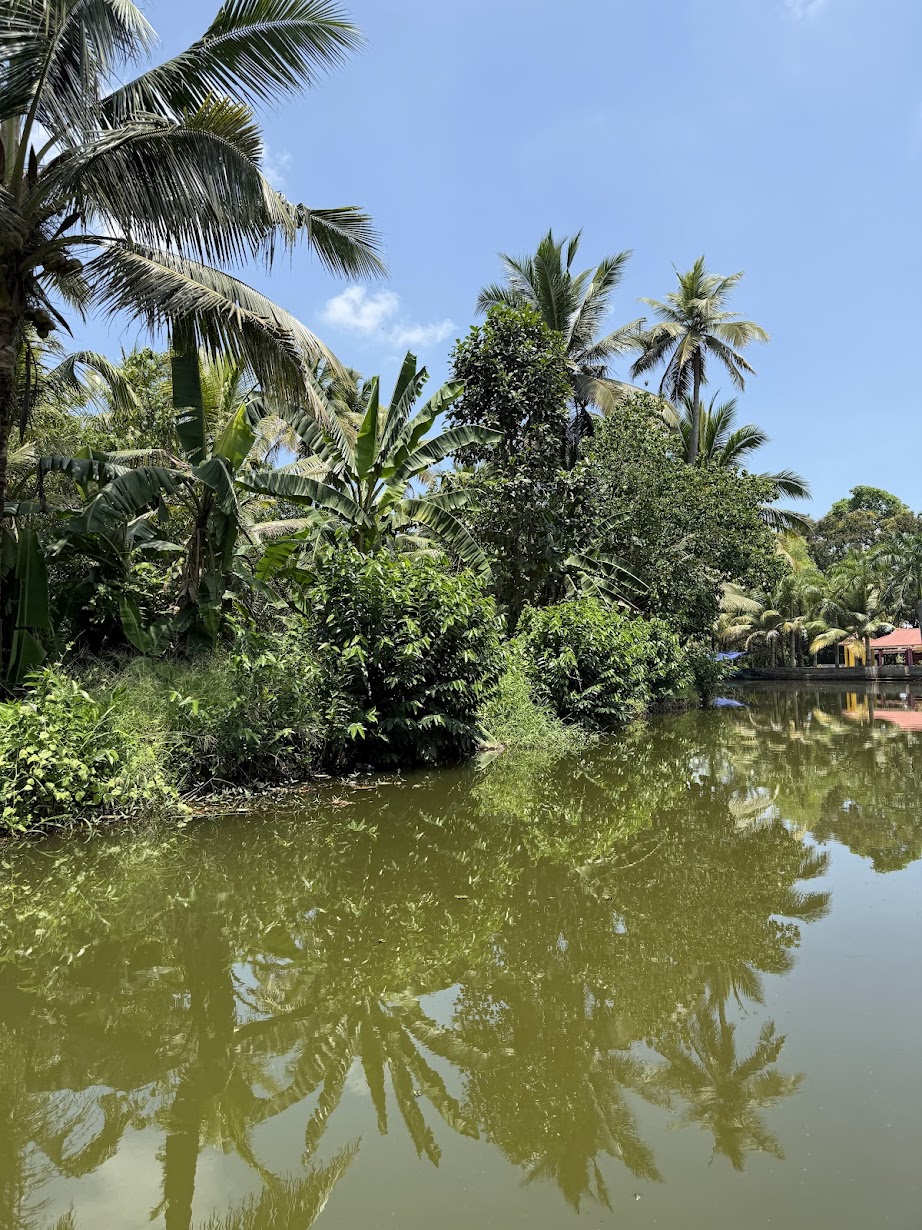
Back in 2007, the Government of Kerala adopted Kumarakom as a destination for sustainable travel in Kerala mostly because of the fragile ecosystem of the Kumarakom Backwaters. The Government felt the need to promote economic empowerment to the Kumarakom Village Community by introducing responsible travel programmes like guided local walks for the travellers, canoe cruises with bird watching and immersion in local ways of life, showcasing of traditional handicrafts and food walks. In addition to raising awareness of the value of slow but responsible travel—travel that doesn't leave carbon footprints but instead leaves the environment clean and green—all of these events highlighted the local way of life in the Backwaters.
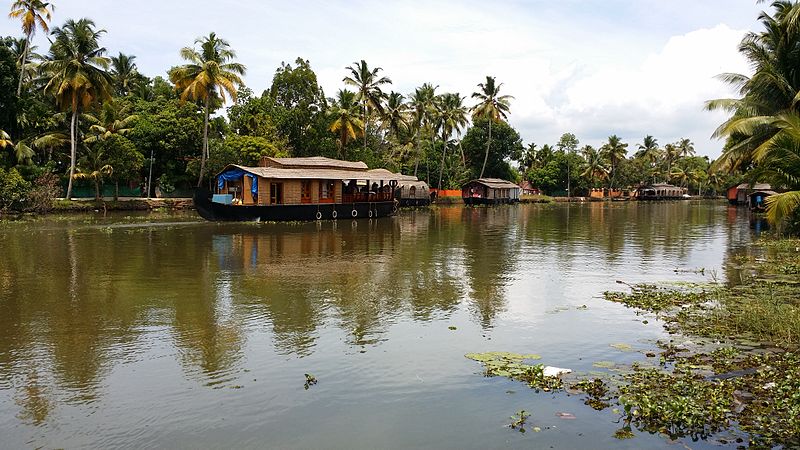
Taking the cue from the Government's initiatives, we have built our boutique experiential villa - Little Chembaka to serve as a platform for promoting sustainable and ethical travel in Kerala, beginning at Kumarakom. By assisting you in observing local life and customs, we enjoy sharing our local experiences with you. You will discover that you have unknowingly assimilated into the Kumarakom way of life by the time it's time for you to go back home.
What Is Slow and Sustainable Tourism?
Slow travelling means travelling at your own pace without hurrying to do sightseeings and ticking off travel bucket lists in a very short time. Slow tourism involves travelling deeper and deeply experiencing the places you visit instead of rushing through many spots. When you travel slowly, you take a pause, understand the place and culture while connecting with the local people by listening to their stories.
Slow travel promotes Sustainable Tourism as well. When you take pauses in your travel, experience the local environment, its people and culture, you are doing sustainable travel that doesn’t harm the local environment. In travelling in a sustainable way, you choose greener options like hand driven canoe rides, cycling and walking which respects the nature around and supports local communities.
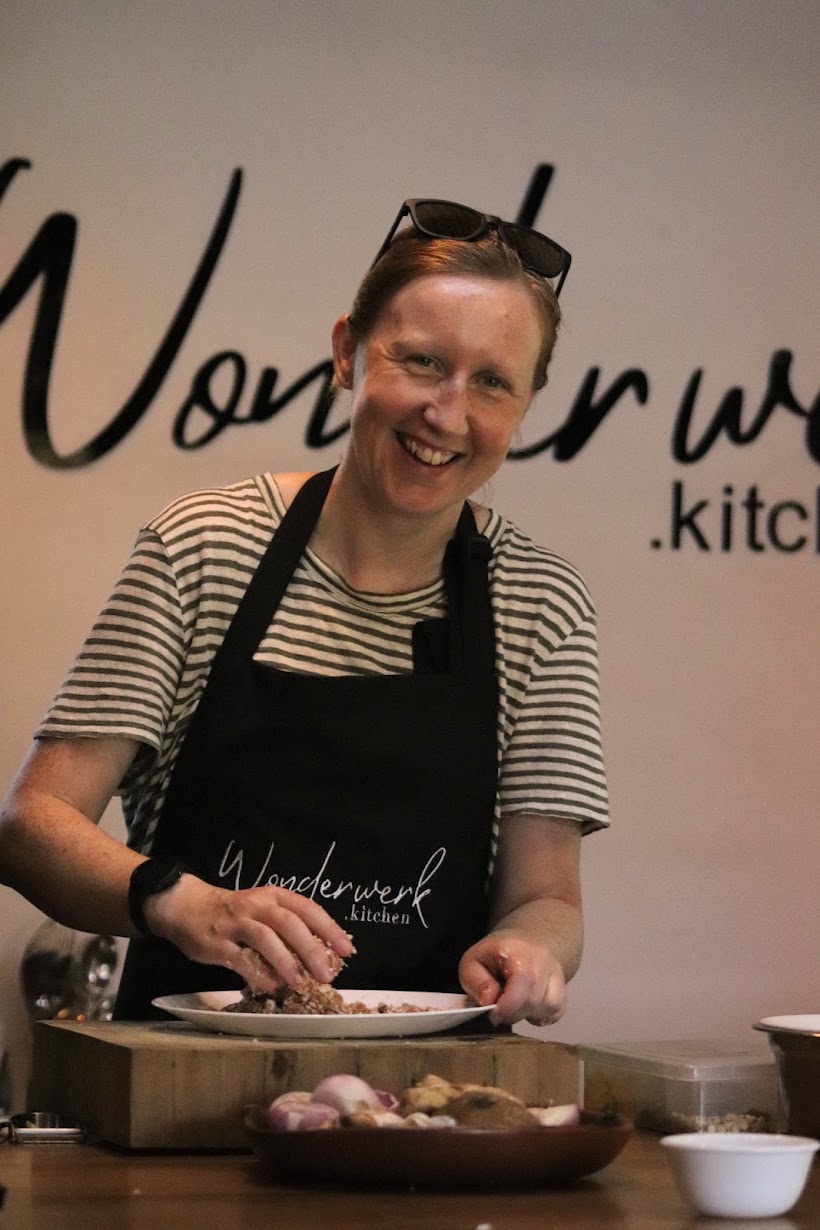
Both slow and sustainable tourism contribute towards preserving the natural beauty of places like Kumarakom. Slow and sustainable tourism not only preserves the natural environment but also prevents destruction to the fragile ecosystem that houses amphibians, birds, insects, fishes and animals. The backwaters continue to be calm and clean. Life does not lose its traditions. Not only does this style of travel make you feel good, but it also benefits the environment.
Explore our food and kitchen here: https://wonderwerk.kitchen/
How does our hospitality team at Little Chembaka embrace the values of sustainable travel?
Our place Little Chembaka, a boutique experience villa in Kerala's Kumarakom Backwaters is a haven where we follow sustainable practices in our daily ways of living. We have adapted to the sustainable way of living since our inception.
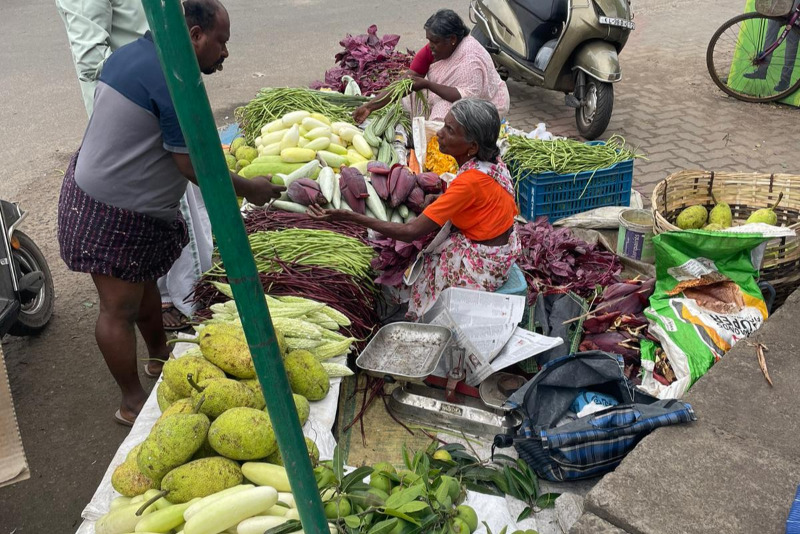
Here are a few ways how we follow sustainable practices while running our villa:
- Our place is built with repurposed wood, bamboo and straw which are locally sourced and does not impose any pressure on the land we are built on and the surrounding environment.
- We source our food ingredients and furnishings from the local farmers’ market and farmers’ collectives and homes. In this way, we support our local farmers, vendors and craftsmen and practice zero kilometre food free from any carbon footprint.
- We store freshly filtered water in steel or glass bottles for drinking instead of plastic packaged drinking water and use solar energy for our electricity needs.
- We are extremely careful about not wasting food so we cook just the right amount to prevent any wastage. Food is packed either in banana leaf parcels or reusable metal containers.
- Our experiences involve the active participation of our village community. Our curated activities include toddy shop meal experiences, fishing activity with the local fisherfolks, coir weaving and screw pine mat weaving with local experts, and market visit along with foraging experience.
- We don’t have any fixed menu in our kitchen because we cook with freshly available ingredients which might differ from day to day. First we see which ingredients we can collect from the local backyards and farmers’ markets and according to that we set our menu for the day.
Read more about the sustainable practices followed in our place: https://www.govoyagehospitality.com/sustainability
Why slow and sustainable tourism matters today?
To truly understand any place, we must take some time to feel the essence of the place. You can take a walk around, meet local people, observe the local livelihoods or taste local dishes to know about the culture and traditions of that place. That’s how we can perfectly appreciate the beauty the place holds. This is where experiential tourism in Kerala is trying to bridge the gap and create awareness.
The Kerala Backwaters is a place with a fragile ecosystem that thrives on perfect balance in nature. If there is too much pollution or disturbance in the soil caused by commercial stays and vehicles, the biodiversity will be lost. That is the primary reason why the Kerala Government took up the programme of responsible tourism. Through responsible tourism, local communities participate directly in providing unique local experiences to the travellers and share their local stories. This leads to cultural understanding and exchanges that fosters the feeling of brotherhood and peace. As the local communities directly participate in providing local experiences to the travellers, the village economy gradually becomes sustainable and self-sufficient.
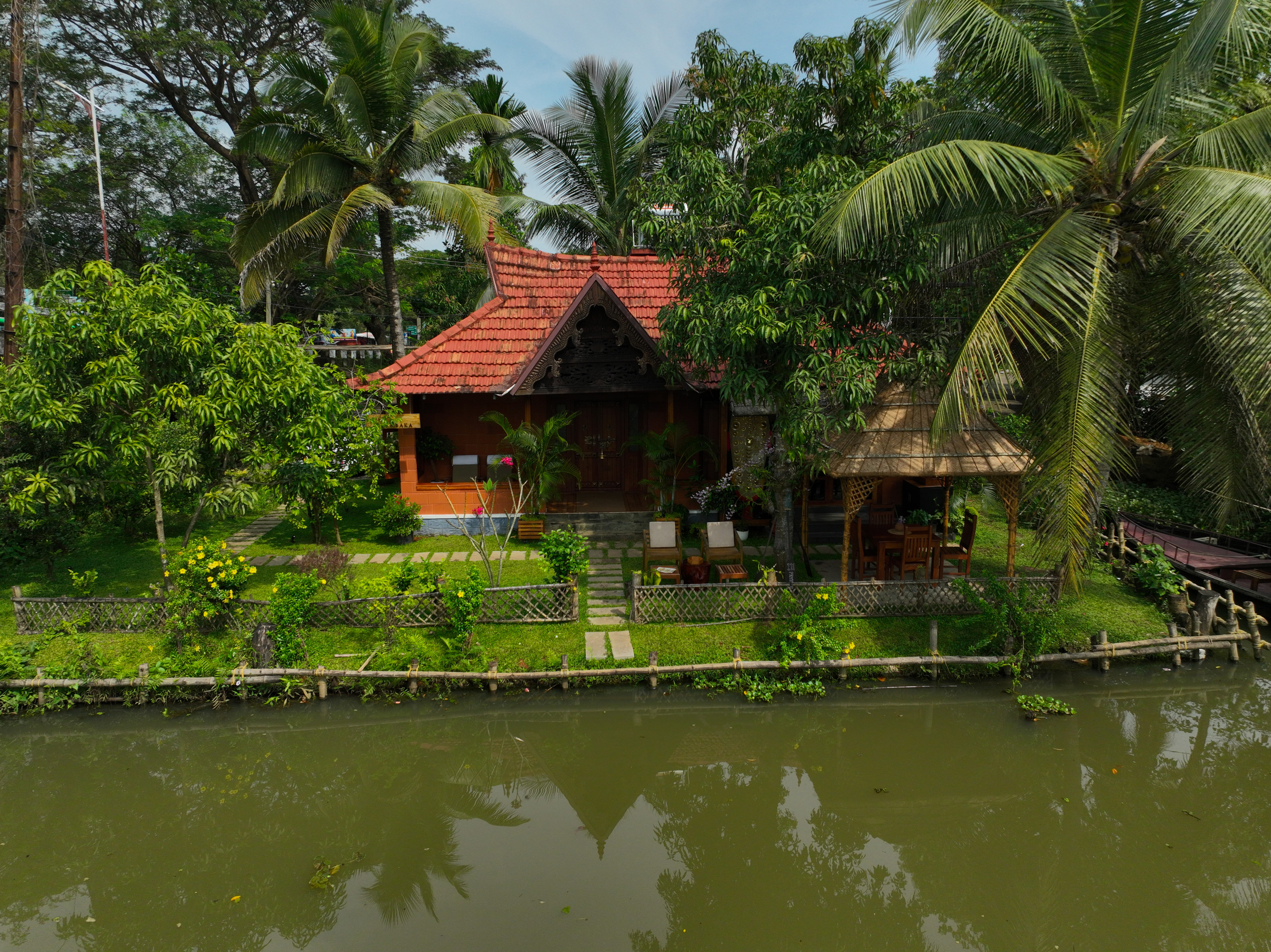
We noticed that our local neighbourhood was beaming with happiness when we began welcoming guests from all over the world to Kumarakom and sharing our cuisine, stories, and experiences. The children could join hobby classes and get new books to study. Some young people thought about higher studies and the senior local guardians found a new purpose through sharing their local histories and culture with the eager travellers. It transformed the entire travel experience provided by us becoming more immersive and insightful.
Read more about our experiences here: https://canoekerala.com/
An Invitation to Travel Sustainably
We pace through our days slowly just like the Backwater canal in front of our villa that goes on gradually but never stops. Our mornings begin with bird songs and end with stories and laughter. We work hard on our respective livelihoods with complete integrity and life just goes by unhurried. We love sharing stories from our culture and our cuisine with all the people who come to meet us from different corners of the world and we love how they immerse themselves in the local experiences we guide them through. We feel that there’s somewhere, where our stories will be remembered and cherished.
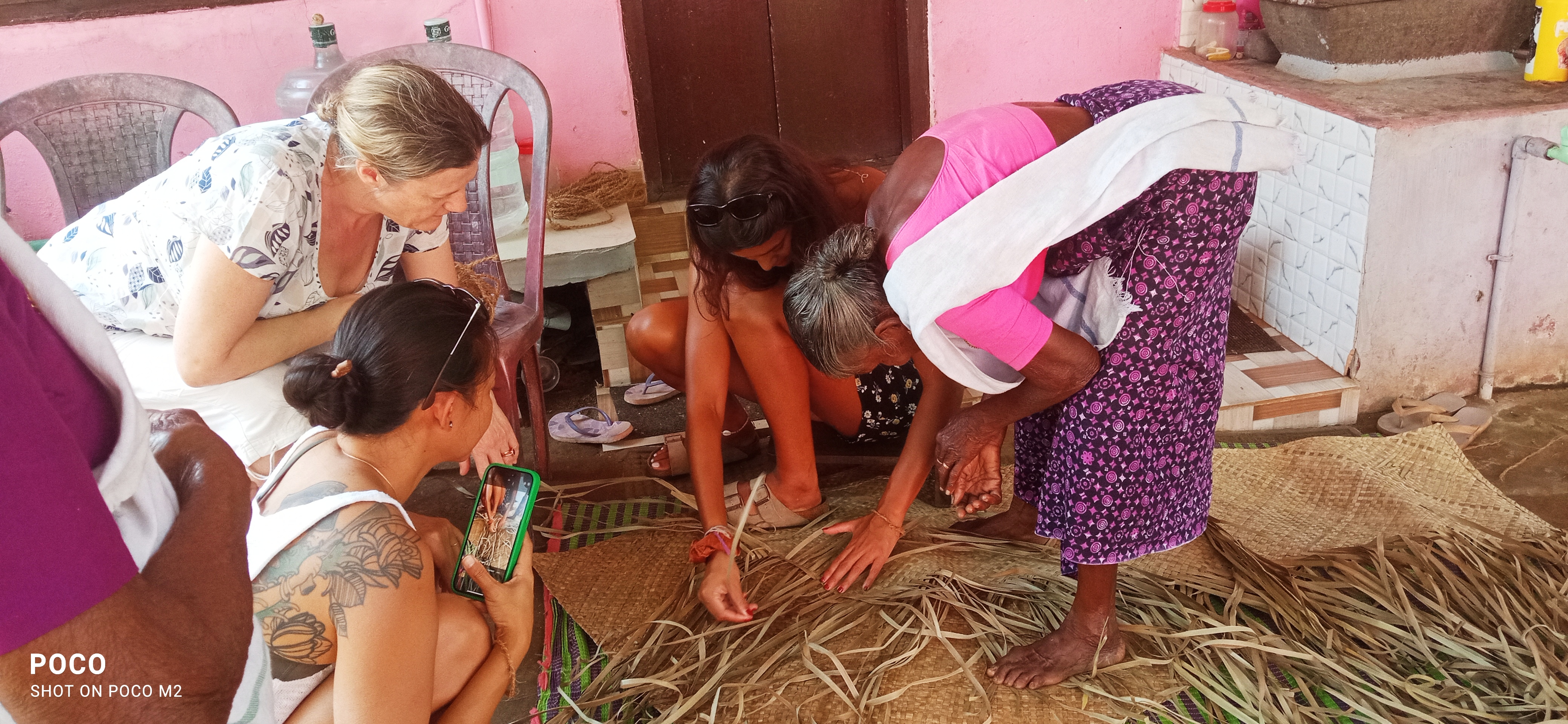
Wouldn’t you like to come to our place,stay for a few days, learn more about our natural beauty, immerse yourself in the local way of life, steep into the local culture and carry another home with you?
